7 Sneaky Ways Your Personal Data Is Being Collected
 BigTunaOnline / Shutterstock
BigTunaOnline / Shutterstock
Just a few days ago, the New York Times published a bombshell report revealing the extent of the data collection and harvesting of some iOS and Android apps.
But an app using Location Services isn’t the only way that advertisers and online entities can track you. Here are some other ways that companies, advertisers and apps can track your location or collect other data on you. Continue reading to learn 7 Sneaky Ways Your Personal Data Is Being Collected!
7 Just By Using a Smartphone
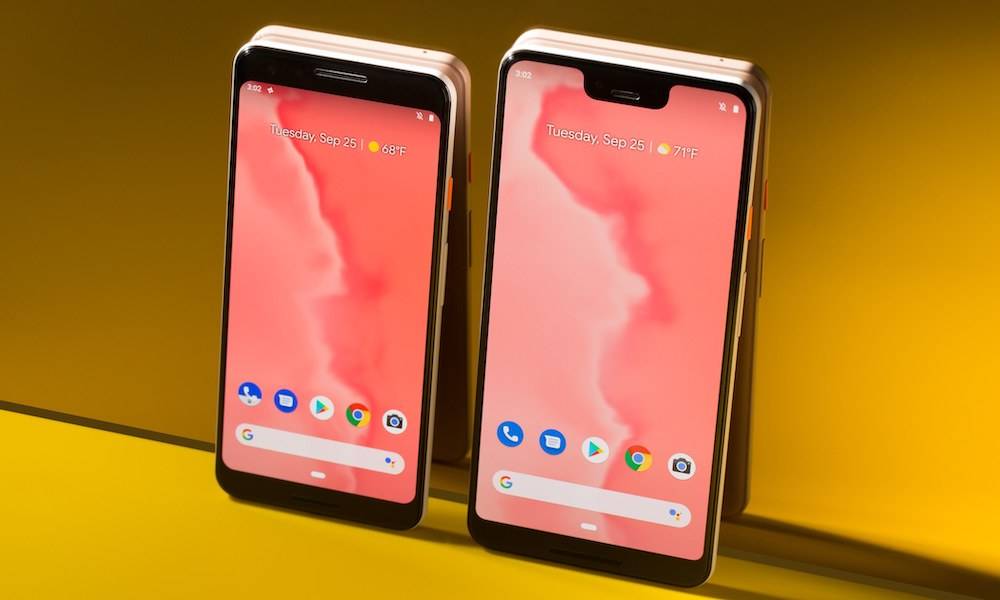
Even if all of your apps have no Location Services access, your smartphone is still tracking you. That’s just a simple byproduct of owning and using a smartphone — and whether that's concerning or not depends on how much you trust your phone's manufacturer.
Firms like Google are notorious for collecting location data (and sharing data with advertisers). Apple is quite a bit better in this regard and makes sure that location data is either kept private or anonymized. But keep in mind that even Apple says it may still share some of that data with “partners.”
6 Using an Internet Browser
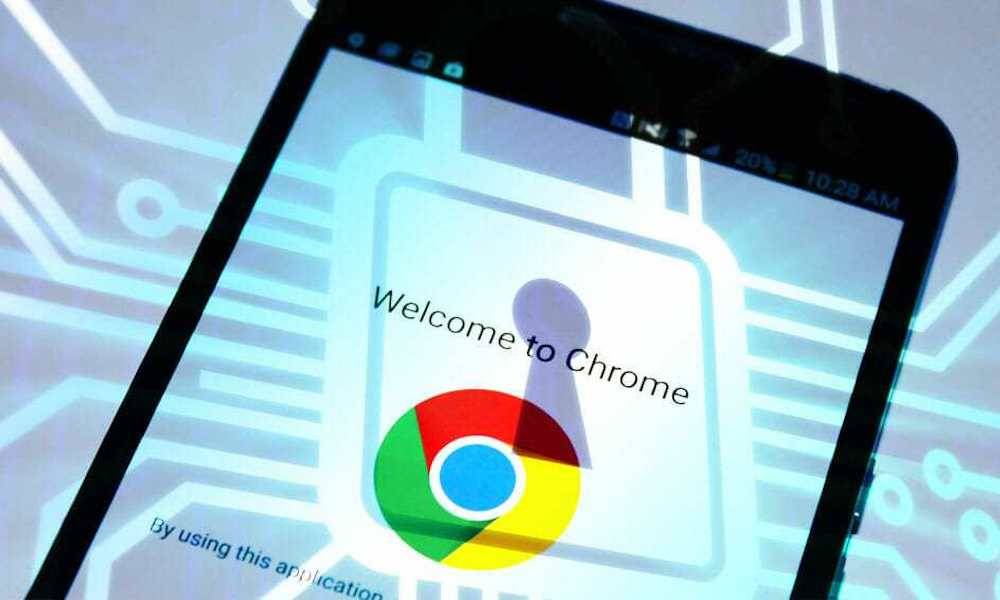
You may know this, but there are a variety of tools that online entities use on web browsers to track you. That includes cookies and social media plugins — the latter of which can collect data on you even if you don’t have an account on that platform.
There are other ways that are harder to mitigate, too. Some data collectors rely on “fingerprinting,” which basically creates a unique profile for your device. Many fingerprinting techniques run invisibly. Unlike cookies, "fingerprints" can't be deleted, so they’ll work whether you want them to or not.
5 Your Photo Metadata
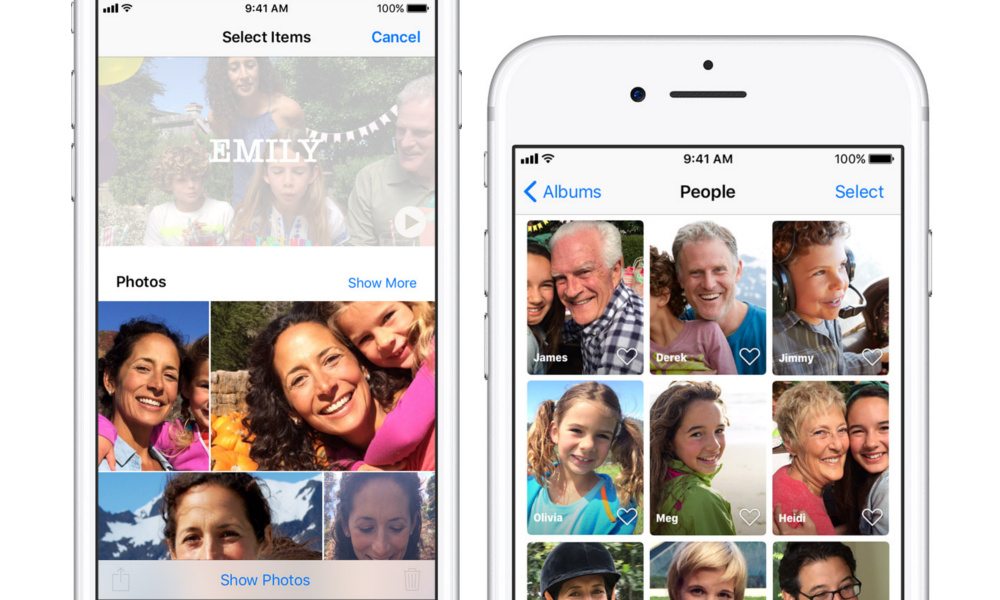
When you take a picture with a smartphone, the device will usually tag that picture with metadata detailing where it was taken. If you aren’t careful, this could be used to track down your current location.
Many websites scrub metadata or at least anonymize it. But it’s still perfectly possible for someone to figure out where a picture was taken. Because of that, you should take care of pictures snapped around your house, school or workplace.
4 Using Public Wi-Fi
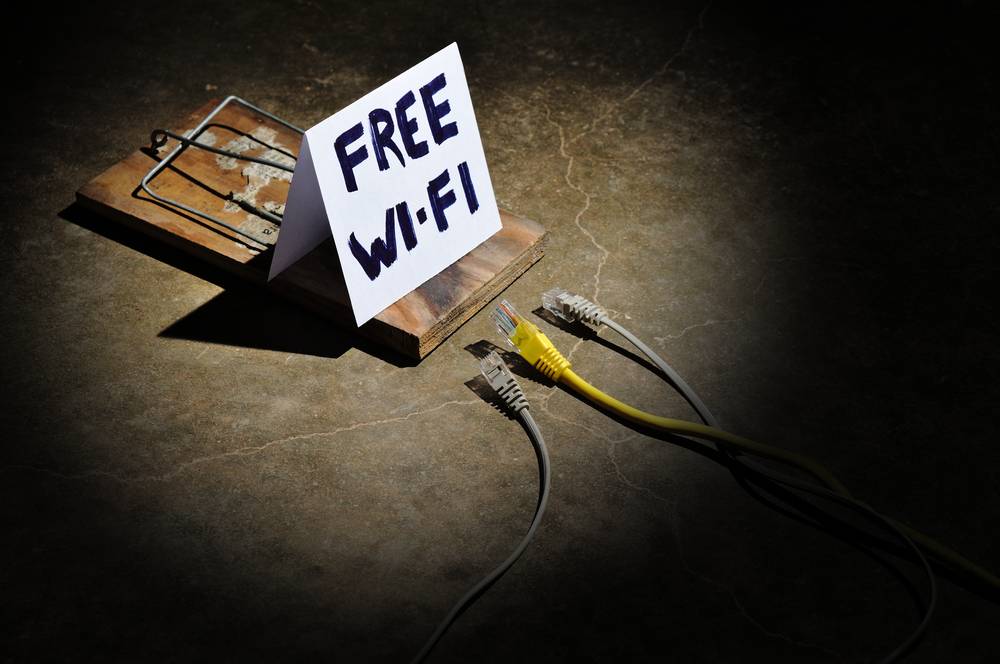
Free and public Wi-Fi networks are precarious from a security standpoint, but they can also impact your digital privacy. If you need to enter any contact details to log into a Wi-Fi network, you should be worried.
That’s because many of those free Wi-Fi networks may be used to collect data to target advertisements — that’s part of the reason why they’re free. This won’t apply to all free Wi-Fi, but in the cases in which it does, harvested data includes the fact that you connected to a particular Wi-Fi network in a specific location, and sometimes the specific sites that you visit.
3 Using Digital Assistants
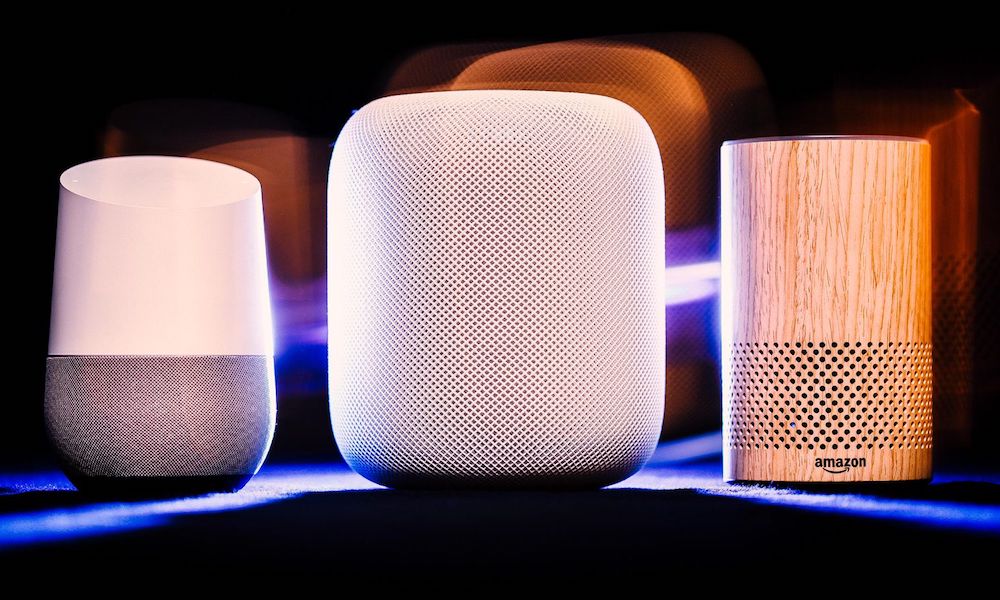
Digital assistants are useful and convenient, but they’re still a privacy concern. However, that depends on the exact digital assistant you use and how much you trust them to safeguard your data. But in at least some cases, they won’t.
- Samsung may transfer data to third-parties for some speech-to-text conversions. And, of course, it may share that data with business partners.
- Amazon's Alexa records every interaction you have with her.
- Luckily for Apple users, Siri requests are arguably the safest bet on the privacy spectrum.
2 Simply Logging Into Websites
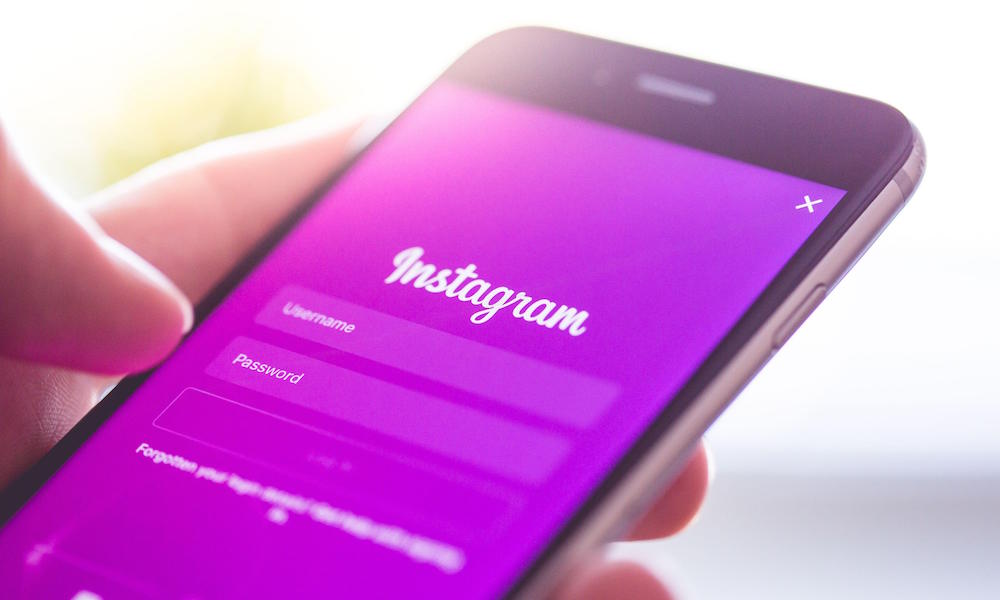
It’s a general practice for most websites to track its user’s login location — in other words, where in the world they’re logging in from. In theory, this can help mitigate unauthorized access to accounts by checking that data against previous logins.
But it’s also another way that these websites and platforms can track you. Even if you don’t put your current city on your social media sites, they can probably deduce what city you live in by your logins. The only way to stop this is by using a reliable VPN.
1 Fitness Data Websites
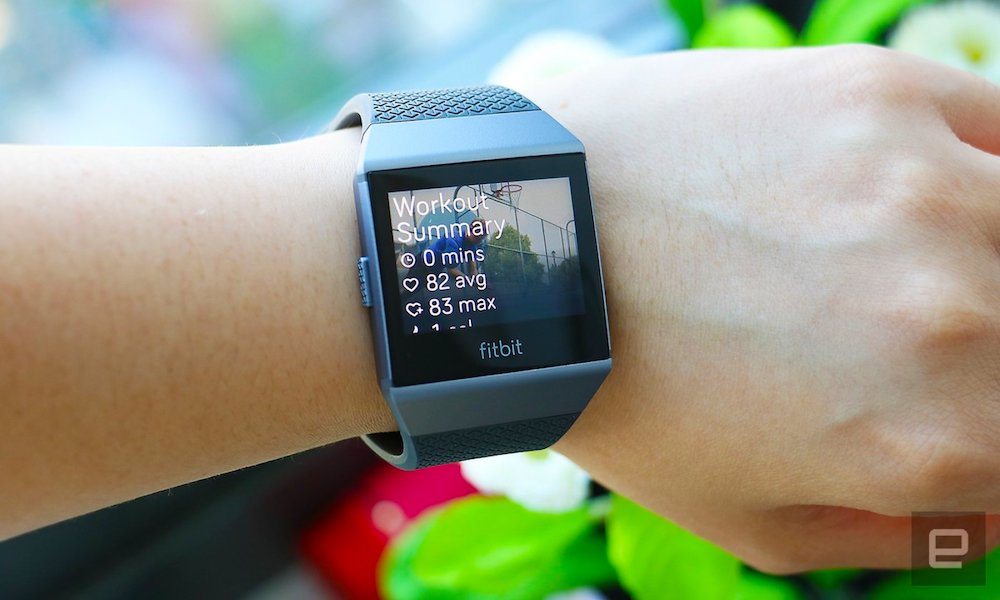
Apps like Strava or Fitbit are great ways to track your runs, hikes and cycling sessions. But they can also be used to track your location, as seen in the now-infamous data dump that revealed the locations of secret military bases around the world.
This can be concerning if you’re used to running or working out in the same location. Advertisers or bad actors could even pull data from other sources to piece together a better image of where you may be. Although they're not perfect, at this point in time, the best and easiest way to protect yourself from data mining or spying is a VPN.
